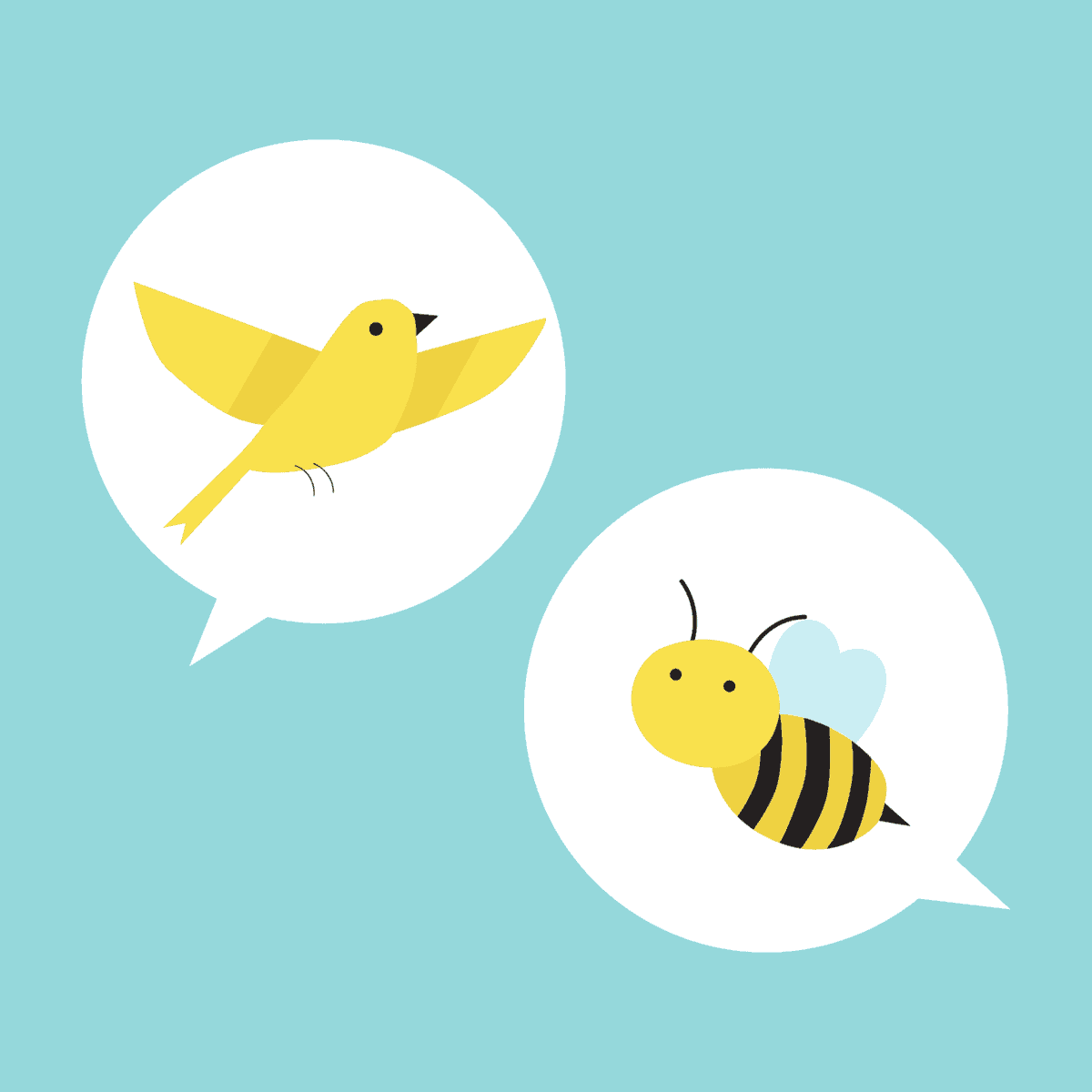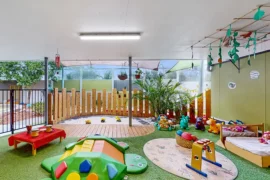The Joyful Guide to “The Birds and The Bees” Talk: A Parent’s Primer
Hello wonderful parents! Are you pondering over the perfect way to approach ‘the birds and the bees’ talk with your little ones? Fret no more! This guide is designed to help you navigate through this essential but sometimes tricky conversation with ease and confidence. Let’s transform what could be an awkward chat into a beautiful bonding moment with your child.
Understanding the Importance
First things first, let’s take a beat to understand why this talk is so crucial. The conversation about the birds and the bees isn’t just about sex. It’s about teaching your kids about respect, love, relationships, consent, and their bodies. This knowledge will empower them for the rest of their lives! Just imagine, you’re not just having “a talk” – you’re setting the foundation for a lifetime of healthy attitudes towards sexuality and self-esteem.
Knowing When It’s Time
Timing is everything! While there isn’t a universal “right age” to have this talk, it’s generally wise to start with age-appropriate conversations early on. Observation is key. If your child is starting to ask questions about where babies come from or showing curiosity about their body, it’s go-time. Remember, this isn’t a one-off conversation but a series of discussions tailored to their growing minds.
Preparation is Key
Let’s get you prepped and ready! Before diving into the conversation, take a moment to reflect on your own feelings and knowledge about the topic. It’s totally okay to brush up on the facts before sharing them. There are fantastic resources out there to help you out, and you’re already on the right track with this guide!
Setting the Scene
Gather your thoughts and set up a cozy environment for the talk. Choose a quiet and comfortable place, free from distractions, where your child feels safe. A familiar, snuggish setting encourages openness and makes the conversation feel like just another hearty chat.
Tips for a Happy ‘The Talk’
Now, for the pièce de résistance! Here are some jolly good tips to help turn ‘the talk’ into a positive experience:
- Use correct terminology: Kids appreciate when adults treat them as mature individuals. Using the proper terms for body parts and functions demonstrates respect and fosters understanding.
- Encourage questions: This talk is a two-way street. Prompt your child to voice their thoughts and inquiries. It helps them engage and understand better.
- Stay positive: Focus on the beautiful aspects of relationships and affection. It’s okay to smile and laugh! Let them know that these things are natural and a part of life.
- Stick to the truth: Keep your explanations truthful but appropriate for their age. Honesty builds trust and helps them make sense of it all in a clear and healthy way.
- Be patient: Your kiddo might not get everything the first time around. And that’s okay! Patience is a virtue, especially when it involves learning about the birds and the bees.
Remember, parents, you’re not alone in this great adventure of parenting. Many have charted these waters before, and many will follow. Take heart in knowing that this talk is just another way to show your endless love and support for your budding flower.
Next Steps in Your Journey
Are you feeling encouraged, ready to embrace the conversation ahead? Let this just be the beginning of a wonderful, ongoing dialogue with your child. As you venture through the potentially blush-inducing, but ultimately rewarding path, know that your comfort and openness will shape your child’s perspective on these topics.
In the next sections, we’ll explore how to handle your child’s reactions, expand into deeper discussions as they grow, and offer you a comprehensive Q&A section to arm you with knowledge for all the questions that might pop up. Stay tuned for more chirpy details and empowering insights to guide you through!
By nurturing a healthy dialogue about the birds and the bees, you’re not just passing on knowledge, you’re gifting your child a legacy of understanding and respect for themselves and others. So take a deep breath, hold their hand (if they let you!), and begin this incredible journey together, one fluttering step at a time.

5 Things Parents Should Know in Preparing for ‘The Birds and The Bees’ Talk
Many parents might find themselves a tad hesitant when the time comes for the birds and the bees talk. Not to worry! Here are five vital things you should know as you prepare for this important milestone:
- Education Starts with You: Before you can educate your child, you need to be informed yourself. Take the time to revisit the basics of human biology, reproduction, and emotional relationships. Understanding current social issues like gender identity and sexual orientation will also prepare you for any questions your child might have.
- Age-appropriate Conversations: What you discuss with a six-year-old will differ vastly from what you’ll talk about with a teenager. Make sure to tailor the information to your child’s cognitive and emotional maturity. Simple, clear explanations that satisfy their curiosity are usually enough for the little ones.
- Assess Your Child’s Knowledge: Before you start the talk, it’s helpful to assess what they already know. Children pick up information from various sources, including school, media, and peers. This will give you a baseline for the conversation and address any misconceptions they may have.
- Create a Trusting Atmosphere: Build an environment of trust where your child feels comfortable asking questions and expressing themselves. Assure them that no topic is too silly or embarrassing to discuss. This openness will encourage them to come to you with questions in the future rather than seeking potentially unreliable sources.
- Keep It Ongoing: The birds and the bees talk should not be a one-time lecture. Embrace it as an ongoing conversation that will evolve as your child grows. By keeping the lines of communication open, you’re more likely to have discussions that are adaptive to the situations and questions that naturally arise over time.
Embarking on the birds and the bees conversation might be outside of your comfort zone, but remember, it’s all about providing your child with the information they need to be safe, healthy, and respectful of themselves and others. The more at ease you are, the better the chances your child will absorb the information positively. So, breathe in, cheer up, and get ready for one of the most constructive conversations you’ll ever have with your child!
Creating an Interactive and Supportive Environment
To make this educational moment as effective as it can be, consider these tactics:
- Interactive Learning: If suitable, use books or resources with illustrations that can help visual learners. Interactive learning can demystify the science of reproduction and make the conversation less abstract.
- Support Systems: Acknowledge to your child that besides you, they have a support system in place. This could include other family members, a family doctor, or a school counselor with whom they can discuss their questions comfortably.
- Respect Privacy: If your child seems reticent, respect their need for privacy and let them know that the conversation is not forced. Give them the option to talk when they’re ready, or to write down their questions for you to address later.
Using these tips and keeping the joy and seriousness balanced, you’re all set to guide your child through this new chapter in their lives. It’s just another step in aiding them to make informed choices and fostering a healthy development into adolescence and beyond. Embrace this opportunity to celebrate growth, satisfy natural curiosity, and strengthen your relationship. Happy talking!
See more great Things to Do with Kids in New Zealand here. For more information see here
Disclaimer
The articles available via our website provide general information only and we strongly urge readers to exercise caution and conduct their own thorough research and fact-checking. The information presented should not be taken as absolute truth, and, to the maximum extent permitted by law, we will not be held liable for any inaccuracies or errors in the content. It is essential for individuals to independently verify and validate the information before making any decisions or taking any actions based on the articles.




